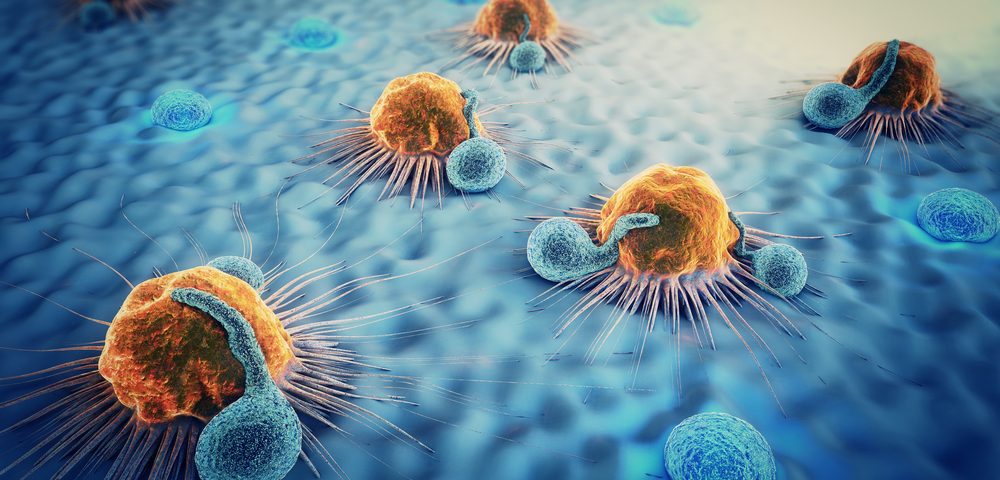Two immunologists, James Allison of the United States and Tasuku Honjo of Japan, have won the 2018 Nobel Prize in Medicine.
Allison and Honjo will share the Nobel Prize sum of nine million Swedish kronor (about $1 million or €870,000).
The award recognizes their research on two different checkpoint inhibitor molecules — the “brakes” of our immune system — that when turned off, boost the body’s immune response against cancer cells faster and more effectively.
Conventional chemotherapy attempts to target and destroy cancer cells, but it also destroys healthy cells, causing a series of adverse side effects. Allison, 70, and Honjo, 76, brought forward the benefits of targeted cancer immunotherapy, which uses the power of the body’s own immune system to fight cancer cells, while leaving healthy cells unharmed.
Back in 1995, Allison was one of two researchers who discovered one of these immune system brakes, called CTLA-4. This is an inhibitory receptor found on the surface of T-cells — the killers of our immune system. Shortly after, Allison realized the true therapeutic potential of his discovery: remove the brake to drive immune cells to attack tumors directly.
Around the same time, Honjo found another molecule in immune cells, the PD-1 receptor, which also acted as a brake, but in a different way.
Normally, when the receptor, found on T-cells, interacts with its ligand, which is produced by healthy cells, it basically tells the T-cell to leave the other cell alone. However, some cancer cells hijack this mechanism to evade being detected and killed by T-cells.
Since its discovery, several antibodies against the PD-1 receptor, including Opdivo (nivolumab), Keytruda (pembrolizumab) and Tecentriq (atezolizumab), have won U.S. Food and Administration (FDA) approval.
Keytruda became even more famous after it helped former President Jimmy Carter survive advanced-stage melanoma (skin cancer) that had already spread to his brain.
Meanwhile, Allison’s research led to the development of Yervoy, a monoclonal antibody targeting CTLA-4 that was approved by the FDA in 2011 to treat melanoma.
“I never dreamed my research would take the direction it has,” Allison said in a press release. “It’s a great, emotional privilege to meet cancer patients who’ve been successfully treated with immune checkpoint blockade. They are living proof of the power of basic science, of following our urge to learn and to understand how things work.”
Honjo also said he wants to continue his research in immunotherapy, in order to save as many cancer patients as possible.
The Nobel Assembly stressed the importance of developing new therapeutic strategies against cancer, now the world’s second largest cause of death.


